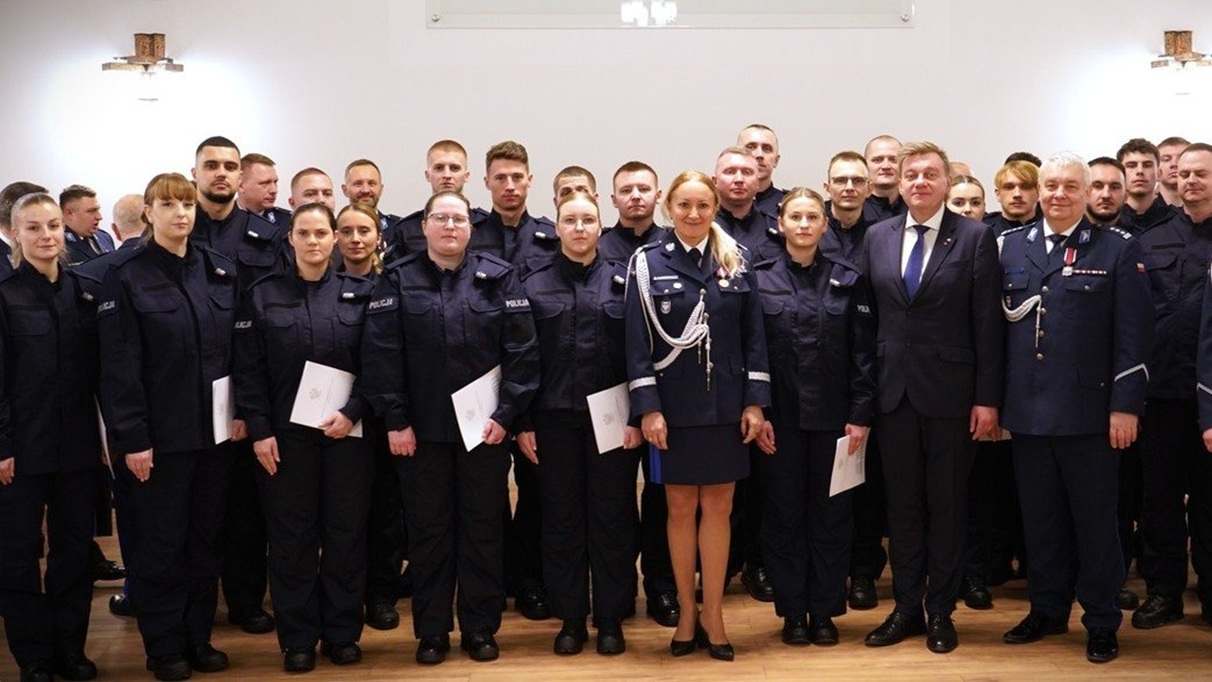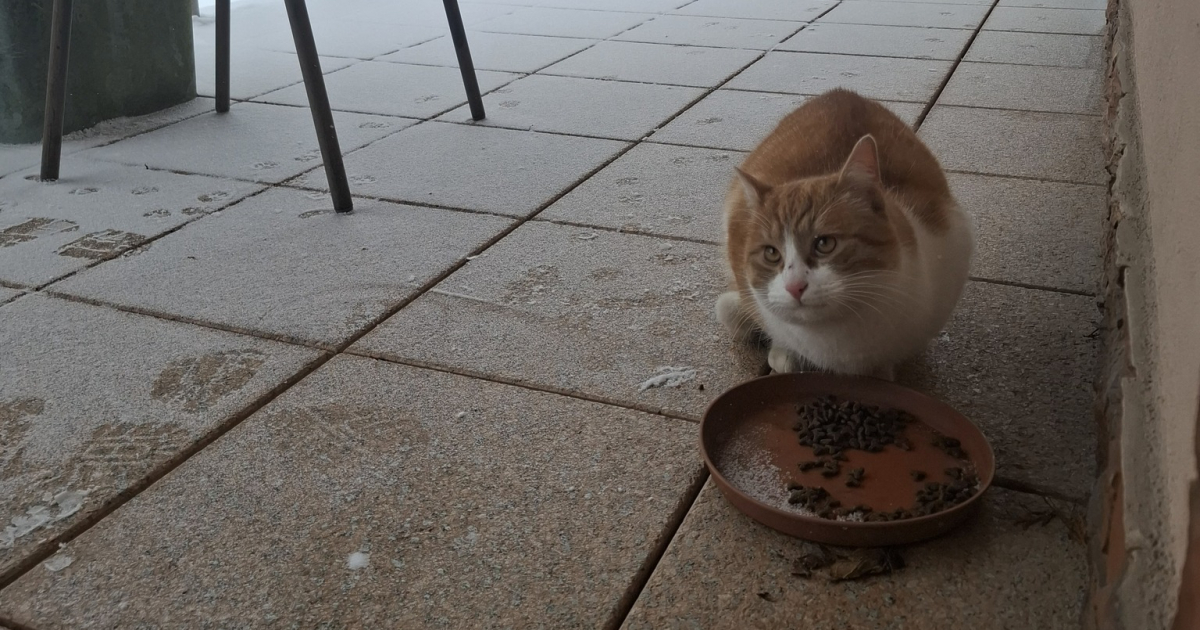Dear Readers, we propose another book in the series "Library of Polish Thought" – "Roman Dmowski on Russia and Ukraine". The subject on time, all the more so, that around this problem arose disputes of myths, usually extreme.
Recently, it has been attempted to “attach” Dmowski to the requirements of the anti-Russian policy of the Polish state, convincing that the leader of the National Democracy was in fact an enemy of Russia and hated it. This collection of publications and statements by Dmowski over 40 years, from 1893 to the early 1930s, which we present to you in this book, is the answer to these manipulations. Below is simply a passage of the introductory word:
"The war in Ukraine and the resulting increase in anti-Russian or even rusophobic sentiments, prompts reflection on Polish political thoughts towards Russia. Contrary to the current narrative, the past of the last 200 years is not only insurrection and martyrdom, it is besides a very rich accomplishment of many politicians and theorists connected with Russia, with the Polish perception of this state, nation, its past and modernity. These were mostly serious, lacking emotions and prejudices of consideration, with concern for specified arrangement of relations that would be satisfying to both parties. In particular, for Poland. The people who made this effort wanted to break the burden on our destiny and overcome the destructive and destructive romantic-mesianist trend.
The central figure typical of this trend of Polish political thought was Roman Dmowski (1864-1939). For his thought and reflection on Russia and then the USSR was frequently attacked, and even lazinessed. It was claimed to have been “rusophilic” that he had taken a servile and servoistic attitude towards Moscow. These attacks were specialized by people from the socialist and Pilsudczyk camp. We are presently seeing the other trend – it is believed that Roman Dmowski treated Russia purely instrumentally, without attaching large importance to the game he played with it. Moreover, Dmowski Russia did not like (or even hated it) and his orientation during planet War I was only an episode finished in time. In fact, the leader of the National Democracy was a classical “man of the West” and in the West saw the future of Poland. Such a sociotechnical procedure, supported by any serious historians, is carried out for the purposes of the ruling camp, which has clearly been seeking to cultivate an “anti-Russian endeciation” for many years.. Thus, he manipulates the quotes from Dmowski's writings and statements. These quotes are to prove that the "pro-Russian" Dmowski is simply a myth, and in fact it was the opposite.
So how was it really? The answer to this question is served by this book, which is simply a choice of the most crucial works, articles and statements of Dmowski on Russia over 40 years, between 1893 and the beginning of the 1930s. As the reader will easy notice, the main reason for them is Dmowski's concern about the Polish national interest, this is simply a primary indication for him, not his emotions, sympathy or antipathy. Of course, during the first period of activity, in the 1990s, he wrote about these matters differently than in the 1930s, but it is natural.
During this first period, Poland was not on the map, it was divided between 3 powers, and Dmowski lived in the Russian partition which was then subjected to intensive russification action. erstwhile he wrote about Polish-Russian relations in the 1930s. In the 20th century Poland was already an independent state. It is understandable that these 2 epochs divided the abyss and had to influence Dmowski's thinking. Therefore, those voices which effort to be regarded as valid only those statements by Dmowski, which he formulated during the period of national captivity, should be considered incomprehensible and biased. They are important, but not important. Why? due to the fact that they were formulated in a peculiar reality that ended in 1918. For us, his reflections are more important, which he formulated in the situation of independent Poland, at a time erstwhile Russian influences on interior life in Poland were minimal.
In Dmowski's life, respective milestones can be designated, which have decided on his final position towards Russia. I think that already at the turn of the 19th and 20th centuries he overcame the natural aversion or even hatred of Russia during his youth. He began to look at Poland and its future from a broader position than only through the prism of lost battles, uprisings or exiles. It's a broader look so evident in fundamental work. Thoughts of a Modern Pole (1903) – made him look at Russia rationally. The farther he went, the more convinced he that what had been so far – is the way to nowhere.

The first crucial event in his political life was to meet the Prime Minister of Russia Sergius Witte at the end of 1905. It was crossing the line so far unimaginable, both for him and his friends. This happened during a hot period of revolutionary disturbances, Dmowski was the first time in the Russian capital Petersburg – he came here as a typical of the Polish society demanding his rights. He, a prisoner of the Citadel, who even 2 years later refused to see the Warsaw politician general Giorgia Skalona, decided to meet with the head of government of the Russian Empire, even though there was no agreement in the Polish delegation to the end whether or not to go to specified a meeting. Dmowski decided to go, despite the announcement already in the Kingdom of the “state of siege”. Wittego remembered Dmowski as a man who understood the situation. In turn, Witte called Dmowski in his memoirs a politician “he pains with thoughtfulness and seriosity.” Why was this specified an crucial event? For Dmowski, for the first time in his large political career, entered the game at the highest level, theoretically without any cards in his hand, and did so on the Russian land hated by the majority in Poland.
From that minute on, Dmowski began to learn about Russian political life and its representatives. He met them for many years to come, but he tried to keep his distance. Actually, he did not have political and not only political friends on Russian grounds – he had connections. Was this due to his “rusophobia”, as he is presently trying to claim? No, this was due to the policy strategy chosen – Dmowski considered himself a typical of a country and a nation surviving a separate life than the remainder of Russia, even though he remained within its limits. This does not mean that he was separated from Russian culture at all – he knew by heart many poems and fragments of prose he recited in Russian, he had connections in the circles of Russian polonaphiles, but he besides did not avoid meetings even with representatives of the Curski court, if he felt that it would service the Polish cause.
Russia was seen by Dmowski as a country alternatively alien to civilization, with large influences of the Turkish people, although he frequently emphasized his Christian character, which he believed represented the Russian people, as opposed to a government that accused not only of being "Asian", but besides of succumbing to German influence. However, contrary to what the current supporters of the "anti-Russianism" of Dmowski argue, this character was not intended to discredit Russia, but to realize it. Besides, as it turns out later, in dolls 30. The 20th century, this “Asianity” of Russia will be something affirmative for Dmowski, with which he had strong hopes.
And here we come to 1 of the most crucial issues. It is not actual that Dmowski after 1918 felt that the game with Russia was already over, that it was just an episode of “fraternising with cattle”, as he wrote in 1 of the letters to Ignacy Jan Paderewski. After the end of the war and the uprising of independent Poland, he frequently returned to measure his policy towards Russia. He felt that the most hard issue at the time was breaking the barrier of resentment and even hatred. He wrote in 1925:
"I have learned to look at our attitude towards Russia in a historical perspective, with a calmness in which political thoughts do not defile passions, created by the past and fueled constantly to fresh times by Russian politics towards Poland, if it could be called politics. I could respectfully look at what was destructive not only for us but for her. In my opinion, it was unworthy of our nation to be outraged only at the harm, protested against them and either to wait for a change in Russia's conduct, or to blindly search its destruction, even if we were to die together with it."
He added: “The essence of our policy towards Russia was not combinations with any passing factors: we saw the request to agree with what is permanent in Russia, with the Russian people, we understood the importance of this agreement and for us and for Russia. By fate, we have achieved the eventual goal of our efforts without Russia's participation. As a result, in Polish consciousness the feeling that the future of our relation with Russia is the most crucial task of our full policy has become besides blurred. And in this area, our country's further policy must be based on what we have started. russian governments will pass away, but Russia will remain, and the attitude to what is in it, to the Russian people, is more crucial than the attitude to the passing rule.
We only made the beginning. Getting on an equal way with Russia of the future is simply a job, requiring a large effort of thought and energy. This is the most hard of our policies, not only due to the past, but besides due to its importance for our future, we encounter most obstacles from foreign, hostile influences both in us and in Russia.It’s okay. ”
It is the essence of Dmowski's position on Polish-Russian relations, a thought for our basic considerations, prejudging the debates about whether Dmowski treated his policy towards Russia only as an episode. He did not, of course, treat – on the contrary, he clearly stated that "we have made only the beginning" and that we are waiting as a nation a large effort to "come on an equal way with Russia's future" and that it is simply a work "which requires a large effort of thought and energy." So whoever claims that the "pro-Russian" policy before 1914 was just an episode – he simply writes untruth or consciously lies".
Jan Engelgard
Photo: Romana Dmowski Polish MPs to the Second Pride (1907)
Fragment of the introductory word
The book can be colluded through our website (myślpolska.info/sklep) or via email: == sync, corrected by elderman == @elder_man
Price: 40 zł (shipping costs included), the book has 140 pages
Please transfer 40,00 a book to your account:
Publishing home Think Poland Sp. z o.o.
11 1090 1229 0000 0001 4746 0161
Abbreviated book title and address for dispatch must be given in the transfer title. After registering the transfer, we will send a book





